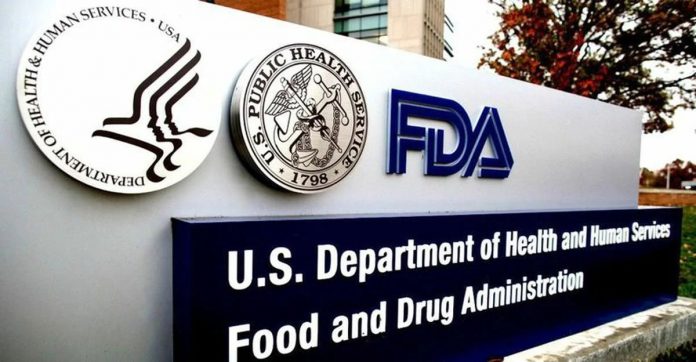The United States Food and Drug Administration stated GlaxoSmithKline and Vir Biotech’s COVID-19 antibody treatment should not be used in places with circulation of variants that are not susceptible to the drug.
In combating mild to moderate cases of COVID-19, oral antivirals are gaining favor while monoclonal antibody treatments are fading fast—at least for now.
The FDA has put limits on its emergency use authorization of GlaxoSmithKline and Vir Biotechnology’s sotrovimab, saying it shouldn’t be used in geographic areas where the disease was likely caused by a variant that isn’t susceptible to the antibodies.
The FDA did not specify which areas would be affected.
“FDA will monitor conditions to determine whether use in a geographic region is consistent with this scope of authorization, referring to available information, including information on variant susceptibility,” the FDA said in a fact sheet for healthcare providers describing when sotrovimab should be used.
When the omicron variant first emerged, sotrovimab was one of the few antibody treatments that was shown to be effective against it. With the emergence of the omicron subvariant, BA.2, Vir originally said sotrovimab retained its neutralizing activity. But a recent study suggests the subvariant is resistant to nearly all available monoclonal antibody treatments.
PharmProm earlier reported that Sotrovimab granted marketing authorisation by the European Commission for the early treatment of COVID-19 on 16 December.

